How to Make an Offer on a House – Tips & Strategies
Once you’ve located the perfect house for you and your family, it is time to prepare an offer. The offer is the foundation of real estate transactions, and upon review, the seller will either accept or decline your bid. It includes basic information, such as the location and physical description of the property, the proposed price, down payment information, and stipulations. It goes without saying that preparing a real estate offer is anything but easy. For this matter, it’s best (though not required) to work with a professional real estate agent.
You can’t make a home seller accept your offer. However, following these tips and strategies can put your offer ahead of the competition.
Factors to Consider When Making an Offer
Your bid indicates how serious you are about buying a particular house. This isn’t the time to play games or submit an offer that’s substantially below the asking price, unless your agent believes it to be fair.
When making your offer, take these factors into consideration:
1. How Long Has the House Been On the Market?
A seller is more likely to lower his or her asking price if the house has been on the market for longer than six months. At this point in the game, he or she is probably eager to sell the house and move on. For this matter, an offer that’s $5,000 or $10,000 below the asking price might work in your favor. And if the property has received few showings or prior bids, then this is even better. The fact that someone is finally interested in the property may move the seller to accept your bid.
2. How Motivated Is the Seller?
Real estate agents often talk with one another, and your agent may have a little background information on the seller, including the reasons behind the sell. This information can help you assess the seller’s motivation, thus helping you to make the best offer.
For example, if the seller isn’t in a rush to move, he or she may hold out for offers that are close to the asking price. On the other hand, if the seller is going through a divorce or is relocating for work, chances are that he or she will accept a lower offer to quickly unload the property.
3. What Are the Prices of Recent Comparative Sales?
A comparative market analysis is another tool to help you make the best offer on a house. Your agent can provide this report, or you can check comparative sales on a website such as Zillow. This report includes active, pending, and sold listings for similar homes in the area. With this information, you can learn the asking price of similar homes currently for sale, as well as the actual sale prices of homes that have closed within the past six months.
Based on the comparative analysis, you and your real estate agent can determine the best price for the house. For example, if you’re bidding on a house with an asking price of $200,000, yet a review of comparative sales shows that similar homes in the neighborhood have only sold for $185,000, an offer that’s $10,000 beneath the asking price might be fair.
Understand, however, that a comparative analysis is simply a guideline. If the house that you’re bidding on has several high-end upgrades – such as a room addition, a finished basement, or newly remodeled bathrooms and kitchen – the seller may not entertain a low bid.
Real Estate Contingencies
Understandably, sellers prefer real estate offers with zero contingencies. However, stipulations are routine in these types of transactions. The key to getting your offer accepted is being fair and keeping contingencies to a minimum. While you generally should include some of the following contingencies, you may not want to include all of them:
1. Home Inspection
A home inspection is not required, but recommended. In your offer, include that the home sale is contingent on a satisfactory home inspection – a thorough examination of the house to check for hidden problems. Areas examined by the inspector include the roof, attic, ventilation system, drainage, doors, windows, heating and air system, plumbing, electrical system, and foundation.
After the inspection, you can ask the seller to make needed repairs. If he or she does not comply, you can walk away from the sale.
2. Financing
If your offer states that the sale is contingent on your ability to secure a mortgage loan, the seller might pass on your offer. The seller is undoubtedly eager to sell the house – therefore, he or she may be unwilling to take a chance on someone who may or may not qualify for a home loan. Have your financing in place before you submit an offer, and include your pre-approval letter with your offer.
3. Earnest Money Deposit
This good faith deposit shows that you are a serious buyer. Submit your earnest money deposit with your offer, and if the seller does not accept your offer (or if you withdraw your offer due to reasons permitted in the contract), you will get your money back. If you proceed with the sale, the earnest money is credited to your closing costs. Earnest money deposits vary by region, but range between $500 and $1,000.
4. Expiration Date
Always include an expiration date with your offer. With this contingency, the seller must respond to your offer within a certain number of days or the offer expires. Choose a length that you’re comfortable with – perhaps 7 to 10 days.
This inclusion protects you in the long run. If you don’t hear back from the seller, you may assume that your offer was not accepted, and you may bid on and purchase another house. However, if you fail to include an expiration date with a prior offer, the seller could legally accept your offer months late, at which time you’re obligated to purchase the house or lose your earnest money deposit.
5. Disclosures
The seller is obligated to disclose certain issues with the property, but is not obligated to make repairs. Laws regarding what a seller must disclose vary by state. However, most states require sellers to disclose any major repairs or issues that have occurred within the past five years, such as mold removal, water damage, or electrical or plumbing problems. Additionally, sellers must disclose any existing hidden issues.
Maybe a window or the roof leaks during heavy rain. Or, perhaps a few of the windows may have broken locks, or the electrical outlets in a particular room do not work. To protect yourself, make sure that your offer is contingent on satisfactory disclosures.
Sellers complete a disclosure form during the negotiating process. After reviewing this form, you can ask the seller to fix issues or adjust the sale price to compensate for these issues. If the seller agrees to make the necessary repairs, but doesn’t fulfill his or her end of the contract before closing, you can legally pull out of the sale.
6. Walk-Through
In your offer, state your wish for a walk-through on the day of closing. This way, you can conduct a final inspection of the house. If the walk-through reveals issues not previously disclosed – perhaps a hole in the wall, a broken appliance, or a water leak – you can legally postpone or cancel the home closing.
Competing With Other Buyers
Ideally, you want to be the only one bidding on a house, as this allows you to take your time preparing the offer. But if other buyers are also interested in the property, time is of the essence, and you have to make your offer count.
There are several ways you can successfully outbid other bidders while still paying a fair price:
1. Include an Escalator Clause
If you really want to purchase a particular home, include an escalator clause in your offer. Simply put, the escalator clause increases your proposed offer up to a certain amount should another buyer submit a bid higher than yours.
Let’s say you submit an offer for $200,000 and include an escalator clause up to $220,000, in which you agree to offer $1,000 over a competing bid. If another buyer submits an offer for $205,000, your proposed price for the house will jump to $206,000, putting you ahead of the competition. This method works wells for homes priced under market value.
2. Increase Your Earnest Money Deposit
Perhaps your real estate agent recommends a $1,000 earnest money deposit. If you learn that others are competing for the same property, it doesn’t hurt to up your earnest money deposit by a few thousand dollars, if possible. This move demonstrates your seriousness.
3. Don’t Ask for a Lot of Extras
Most sellers realize that they will need to make reasonable repairs and updates if they are to unload a home. But if you include a bunch of unnecessary extras in your offer, the seller might go with another bidder. For example, don’t ask sellers for new doors and windows when the current ones work fine. And don’t request a complete bathroom remodel simply because you dislike the present design.
4. Pay Your Own Closing Costs
Buying a house is expensive, and to offset costs, some buyers ask for closing costs assistance. If possible, pay your own closing costs. The less a seller has to come out of pocket, the better. If you need closing costs assistance, be reasonable and ask the seller to pay a small percentage – no more than half.
Final Word
The information included in your real estate offer can make or break the deal. This is probably one of the most stressful parts of buying a house, as it only takes one bidder to knock your offer off the table. Be reasonable with your proposed price and follow your agent’s advice. If the seller submits a counteroffer, work with your agent to decide the best way to proceed. And if you don’t win a bidding war, don’t get discouraged – there will be other homes for you and your family.
What do you believe makes a good real estate offer?







